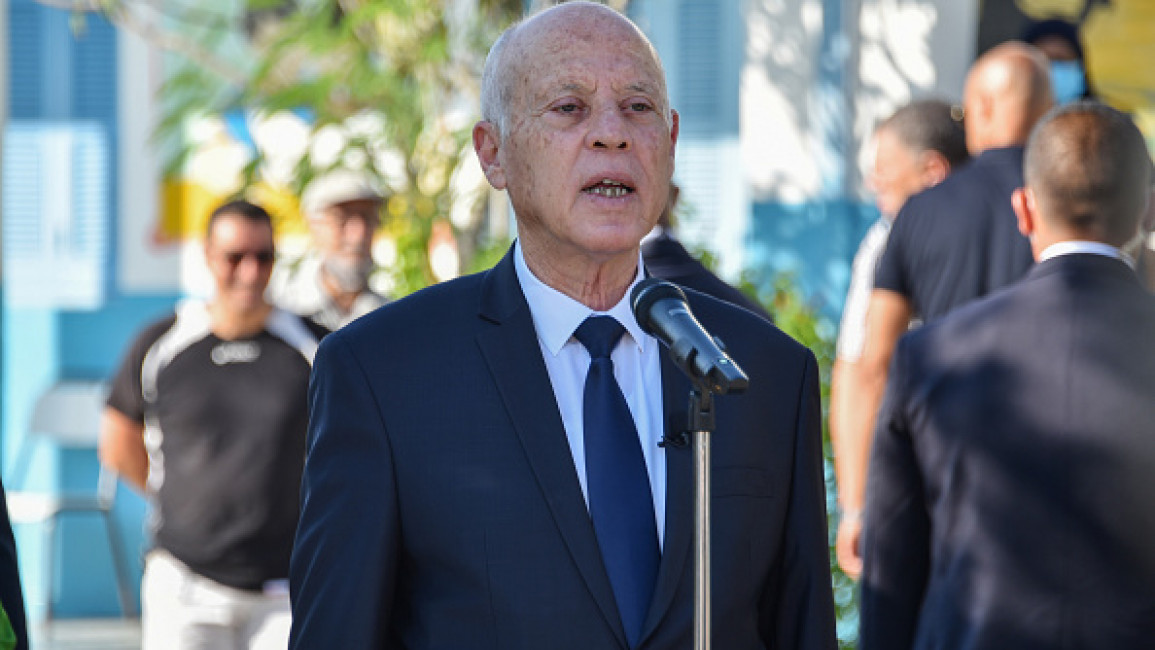Controversial Tunisia constitution giving President Saied wider powers comes into effect
Tunisia's new controversial constitution giving the president far greater powers is to come into effect after the official electoral commission announced final results on Tuesday for last month's referendum.
The 96 percent yes vote in the referendum, with 31 percent of the electorate taking part, was largely unchanged from the preliminary results announced last month.
Opponents of President Kais Saied say the new constitution will unravel Tunisia's democratic gains from the 2011 revolution by giving him nearly unchecked powers.
Voter turnout for the referendum was low, with the electoral commission putting it at 30.5 percent, with opposition groups have said turnout was likely even lower.
They have criticised the process by which he wrote the constitution as illegal and unilateral and have raised concerns over the legitimacy of the referendum after he replaced the board of the electoral commission.
Previously, the United Nations said it would review the referendum's legislation.
Saied and his supporters have said the political system had to change to save Tunisia from years of stagnation and political paralysis and have defended the process by which he passed the constitution.
Last week a court dismissed objections to the vote.
Under Saied's decree announcing the referendum, the new constitution will come into effect once published in the official gazette following the announcement of the final results. The publication of the constitution was expected soon.
Saied has been the receiving end of intense criticism ever since he suspended parliament and sacked the government in July 2021, in a move widely regarded as a coup by his political rivals.
Saied has since gone on to sack a number of other government officials, including several judges who have staged numerous protests against him. In doing so, the North African leader has granted himself sweeping powers of the country’s judiciary, which has drawn condemnation by rights groups and governing bodies.
(Reuters)



